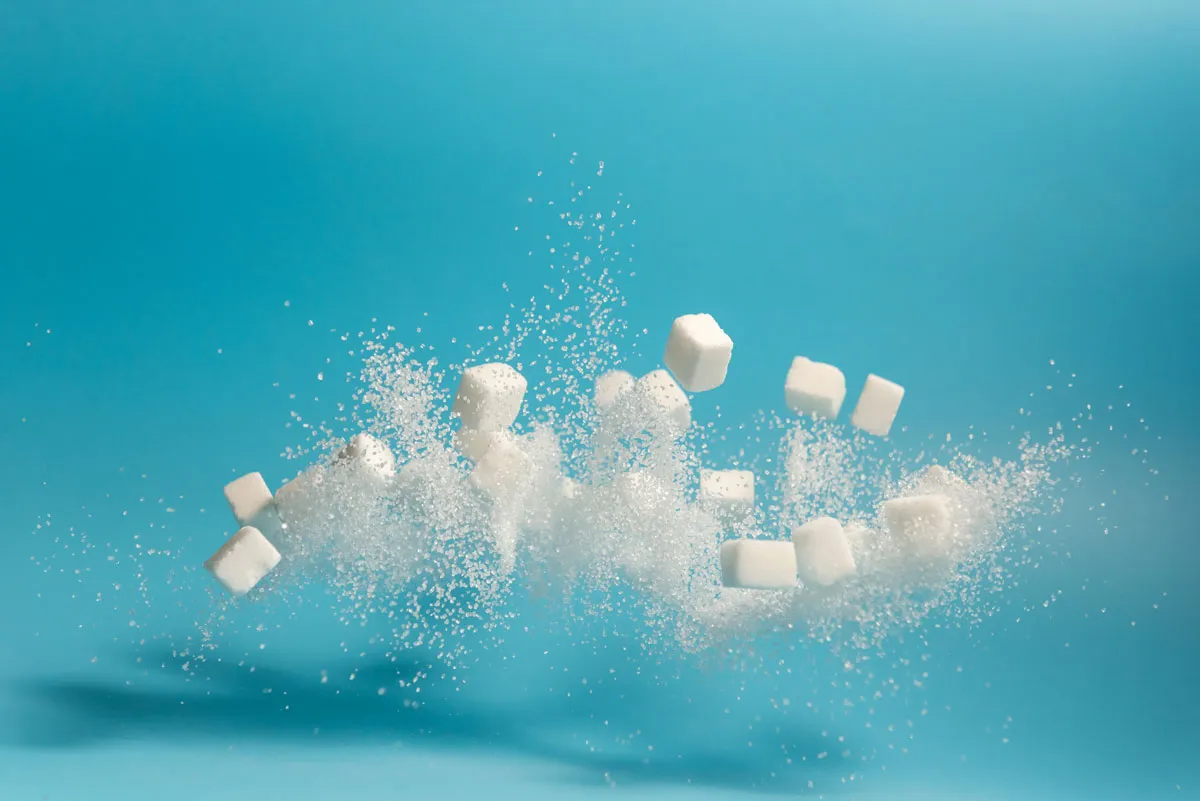Dieting advice: there’s a lot of it out there. Perhaps too much. After all, with all the weight loss information (and misinformation) in the world available on your smartphone, it can be hard to separate genuine evidence-based advice from the pseudoscience, flashy promises and fruitless fads.
So, how can you navigate this tricky terrain? Looking out for the simple red flags below can help. If the dietary advice you’re reading features any of these seven myths, it’s likely missing genuine weight loss wisdom.
You need to detox
Any foods or supplements that claim to help ‘detox’ your body are red flags. Our liver and kidneys are our professional detox organs, and nothing we eat will change that.
Eat as many superfoods as you can
There are many foods that are ‘good’ for you, meaning that you can eat a lot of them – most fruit and vegetables sit in this category.
There are, however, no such things as ‘superfoods’, which are simply foods with good PR.
Fat is good for you (or bad)
It doesn’t matter if you are part of the fat is GOOD for you or BAD for you brigade, the important question to ask is the source of the fat.
If it comes from a land-based animal, and is likely to be solid at room temperature, then it is saturated fat. Whereas if it comes from fish or plants, and it is likely to be liquid at room temperature (coconut fat is a rare exception), then it is unsaturated fat.
All the evidence indicates that eating more unsaturated fat than saturated fat decreases ‘all-cause mortality’ – essentially, it lowers your risk of dying early.
Natural sugar is better
The vast majority of sugar we consume is sucrose. It is the white powdered stuff we cook with and have in our tea, and is made up of glucose and fructose.
How about sugar from honey or maple syrup or agave nectar? They are often marketed as natural, so are better for you, or more curiously, as a ‘sugar-free’ alternatives (Great British Bake Off and your ‘sugar-free week’, I’m looking at you).
This is simply not true. They do taste different from sugar because one is in effect bee puke, another is tree sap, and another concentrated cactus juice, so naturally each brings its own distinct flavour to different recipes. But they are all sweet because of glucose and fructose.

High-pH (alkali) water will revitalise your body
At a pH of 7.4, our blood is slightly alkali (less than 7 is acidic, more than 7 is alkali). Some people therefore think we need to eat alkali foods, and that includes drinking water with a high pH.
Don’t drink the Kool-Aid! Everything we eat or drink passes through the stomach, which, at a pH of 1.5, is the most acidic part of the body. It is then neutralised to a pH of 7 when it enters into the small intestine.
Nothing we eat will change the pH of our blood. Don’t waste your money on alkali water and diets.
Read more:
- Here's what happens if you only eat one meal a day
- The fast metabolism myth: Here’s what actually determines how slim you are
Don’t eat anything you can’t pronounce
This is part of the push to eat ‘natural’ or ‘clean’ foods. But whether they’re natural or highly processed, all foods are full of chemicals, you just don’t happen to know the scientific names for them.
For example, should you fear ‘phenylthiocarbamide’, because you can’t pronounce it? This is simply the chemical responsible for the bitter taste found in brassicas, the plants in the cabbage and mustard family. This type of advice is simple scaremongering.
Don’t eat food with more than five ingredients
Simple foods can be very tasty indeed, but they are not necessarily healthier for you. If I, for instance, use Chinese five spice powder in a recipe, that would presumably count as one of the five ingredients. However, what if I added the typical components of five spice powder, so star anise, fennel seeds, Szechuan peppercorns, cloves and cinnamon, separately into a dish?
Does that mean my recipe suddenly becomes bad because it has more than five ingredients?
Read more:
